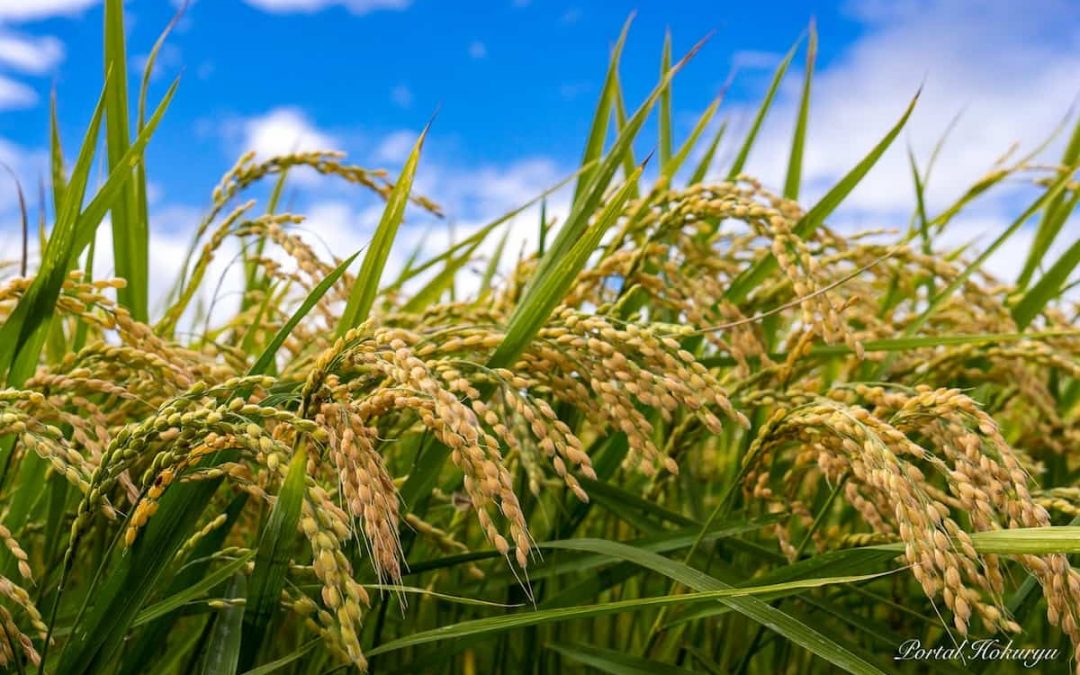
Heavier Rice – Deeper Bow
Heavier Rice – Deeper Bow
Heavier Rice – Deeper Bow
minoru hodo kōbe wo tareru inaho kana
One has only actually heard this phrase spoken twice over a span of 35 years.
The first exposure to this elegant phrase was sitting in an izakaya which is renowned for their decliciuos sashimi with my cherished doctor friend, who is originally from Kyoto.
Sitting at the counter thoroughly enjoying the three pillars of Japanese culinary life, (raw fish – assorted pickles – rice wine) were three other men, two in their late 30s and an older gentlemen.

The sake flowed and the party at the counter got underway in earnest, and during this party, each individual character was laid bare for all to see.
While the two younger Japanese men became rambunctious and boisterous, often in praise of themselves, the older gentleman remained composed and dignified.
It turned out these people were prefectural bureaucrats, with the two rowdy boys being low-level underlings, and the composed gentleman being a senior Chiba Prefectural government official.
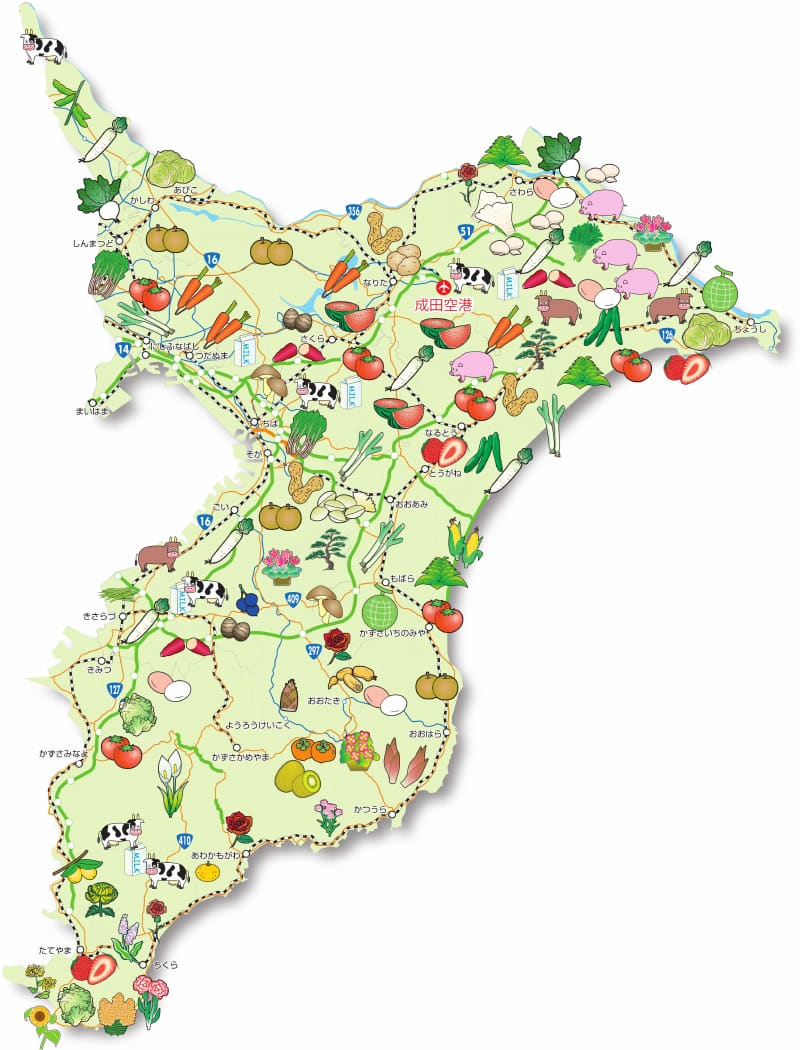
It was in this setting, rural Japan circa 1990, this important lesson in humility was instilled by my beloved doctor friend after observing these bureaucrats.
This divine phrase embodies true strength and value which accompany those who exhibits a sense of dignity and humility.
minoru hodo kōbe wo tareru inaho kana
↓
The more fruitful the ears of rice, the more humble the posture.
As the rice grows, the ears droop and one can compare the rice to a growing person.
“The way to be a person” is represented as ears of rice.
The young green rice plants grow straight up to the sky, and eventually grow into ears of rice that bear fruit.
As the fruit (rice kernel) inside the ears grows, the ears of rice naturally droop under the weight of the heavy fruit and turn a beautiful golden hue.

Over the life-cycle of rice, it is exposed to strong winds and rain, and must overcome cold and hot days in order to grow into a magnificent rice plant while bearing abundant fruit.
The metaphor of this exquisite phrase is what it means to become a well rounded human being possesing dignity, humility, and honour.
A person grows up magnificently by looking only straight up when young, and to overcome various rough seas and hardships to form a splendid personality over the growing season.
It is here where one becomes more humble and bows more deeply with a rich robust bounty of rice as a treasure to be cherished on one’s own journey to greatness.
On the other hand, if the rice has not grown into plump rice kernels, the fruit is scant, and the rice will be without substance.
Such rice may look like fine, but it does not have any weight for the ear to bow low, thus, its head will not bow low.

This elegant analogy to the ecology of rice shows that a person who has a splendid appearance and title, but no substance, is just a small person with a lot of bravado, and is far from a person of character.
The second time minoru hodo kōbe wo tareru inaho kana was encountered was during an online lecture just recently, and the speaker was from…that’s right, Kyoto.




 This language proficiency standard is an important tools for anyone coming to Japan with the intent of intergrating into the community.
This language proficiency standard is an important tools for anyone coming to Japan with the intent of intergrating into the community.
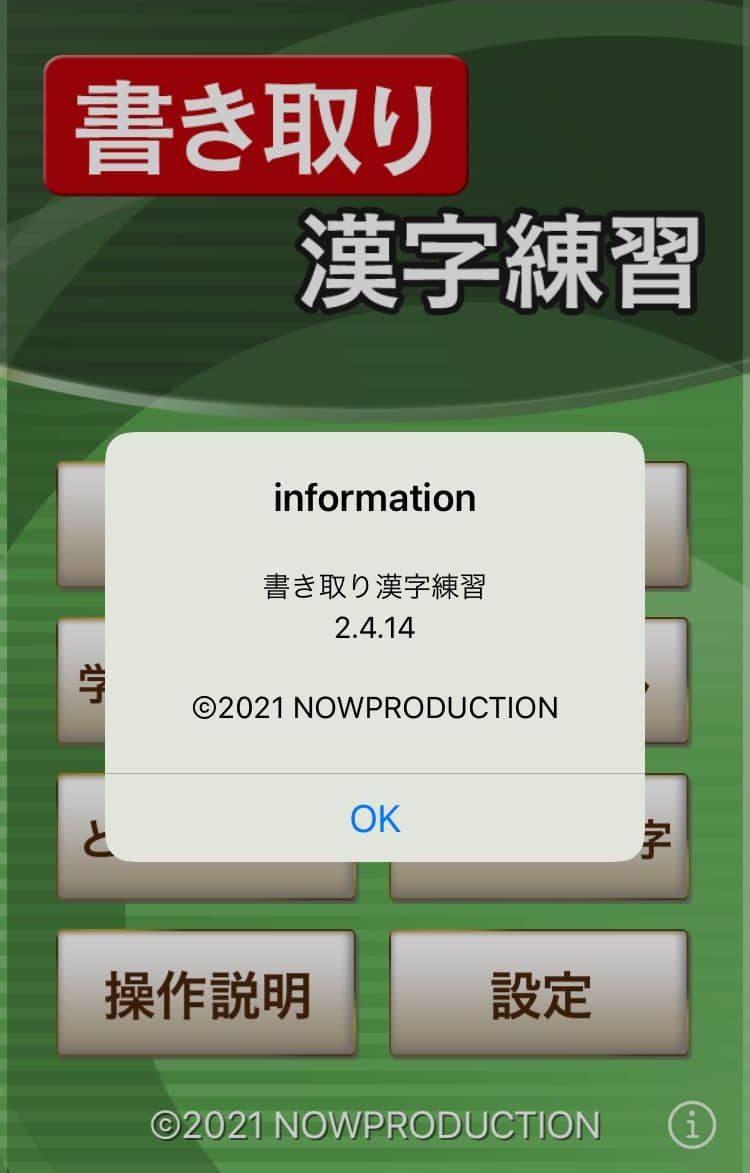
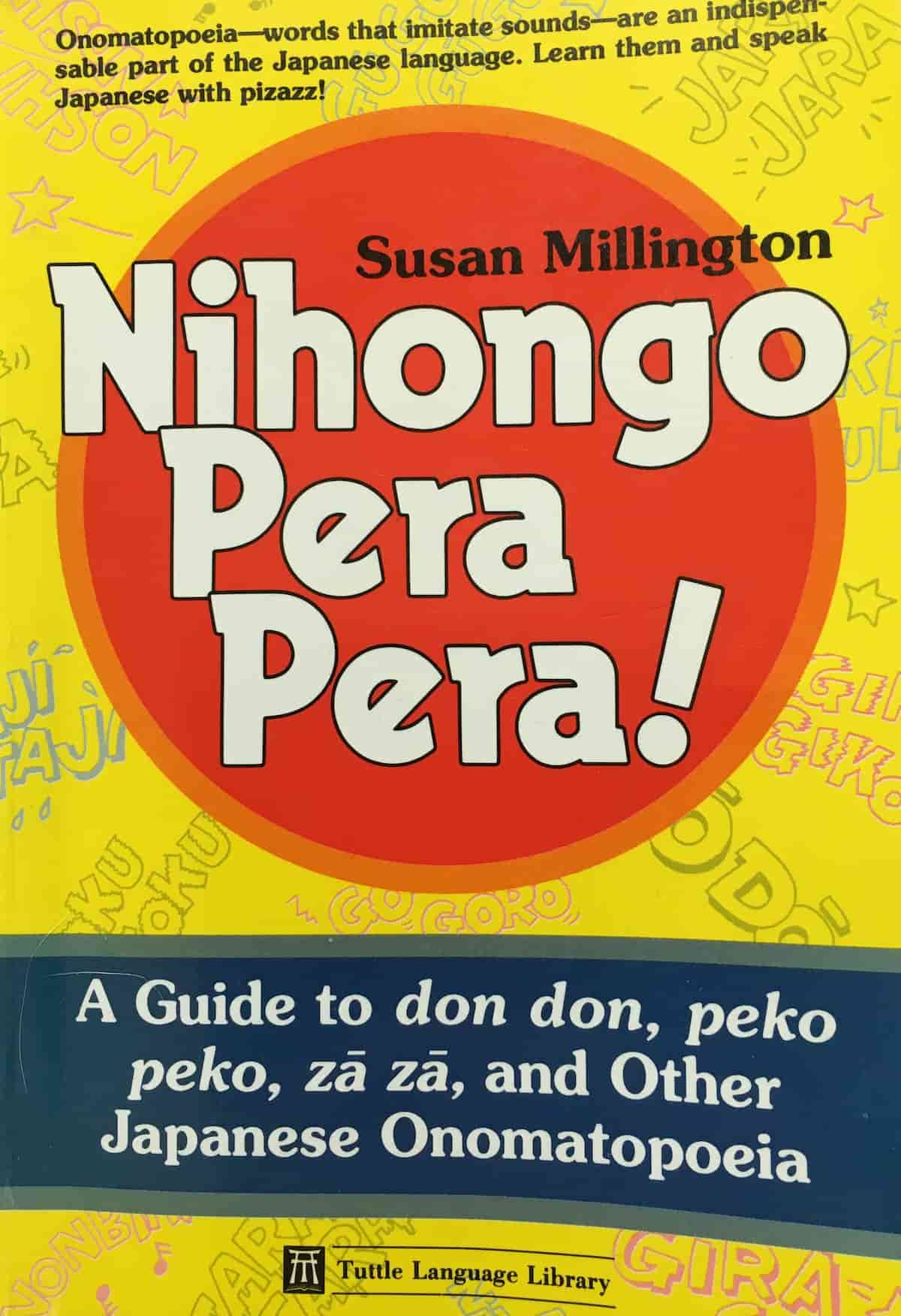




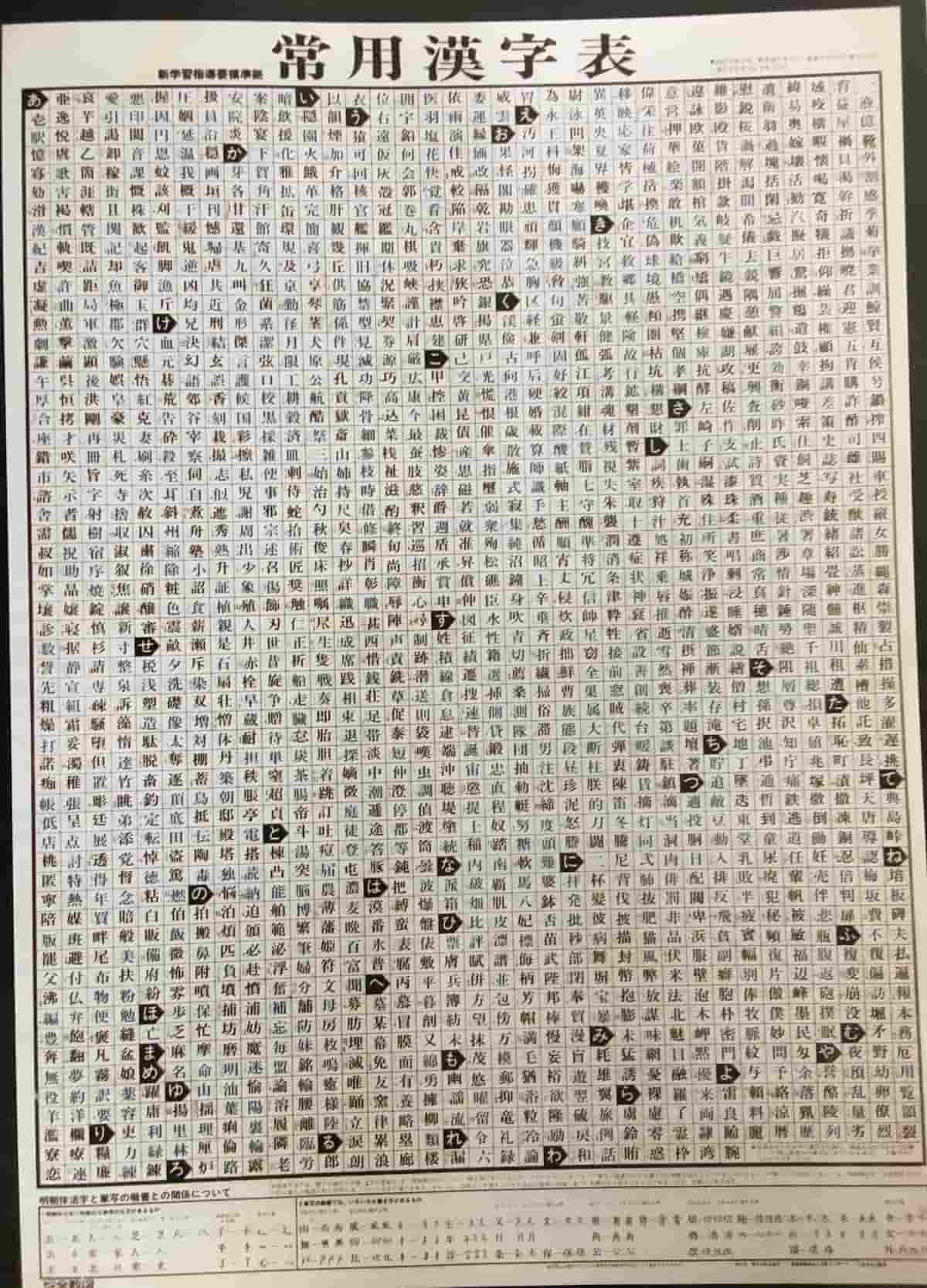 In mandatory Japanese language education curriculum, there are 2,136 ideograms that must be studied by all students attending compulsory education in Japan.
In mandatory Japanese language education curriculum, there are 2,136 ideograms that must be studied by all students attending compulsory education in Japan.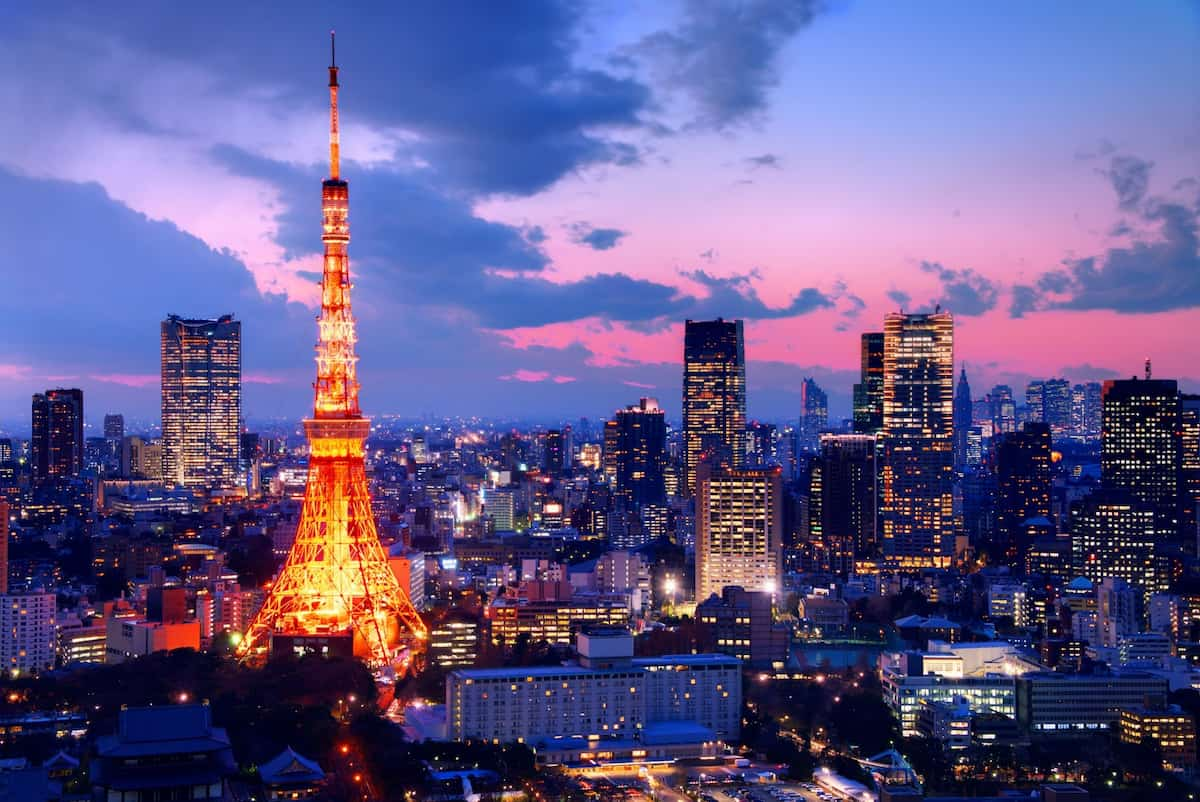 Here he memorized the
Here he memorized the 
 In his award-winning podcast, he interviews a diverse range of guests such as the global icon of action movies,
In his award-winning podcast, he interviews a diverse range of guests such as the global icon of action movies, 


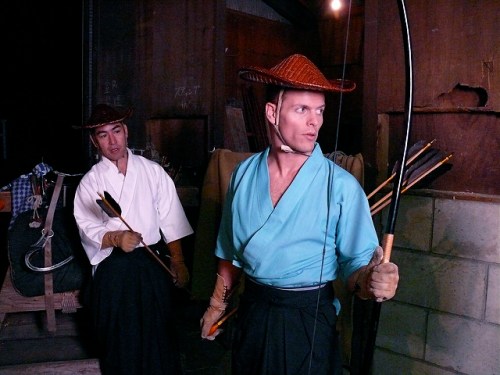
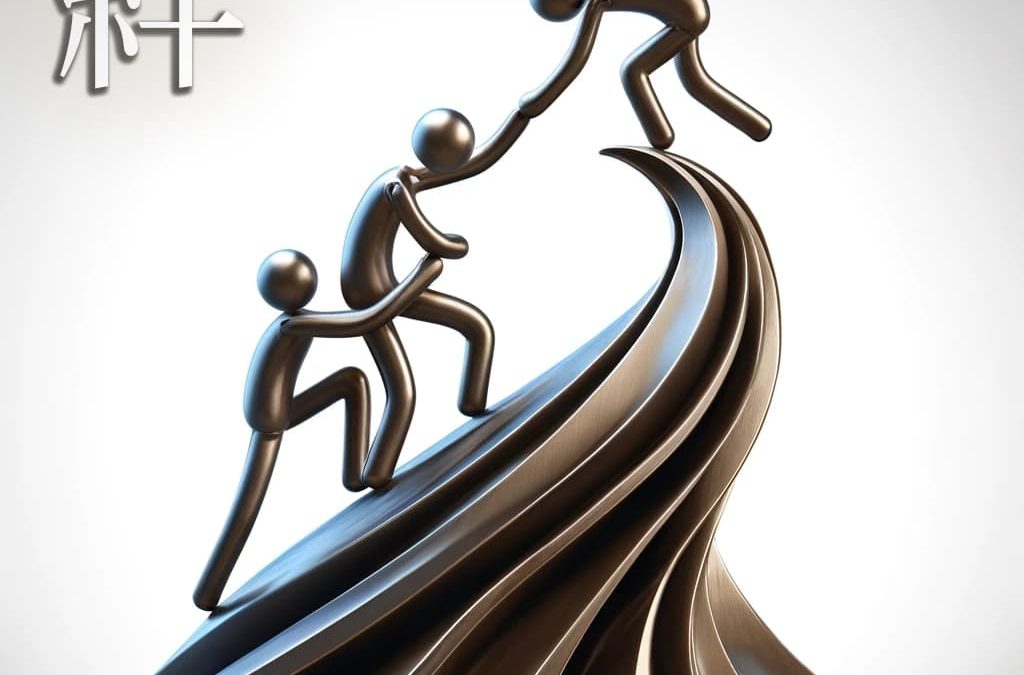
 Without each other, meaning ceases to exist, thus, each other is dependent upon the other to be whole.
Without each other, meaning ceases to exist, thus, each other is dependent upon the other to be whole.

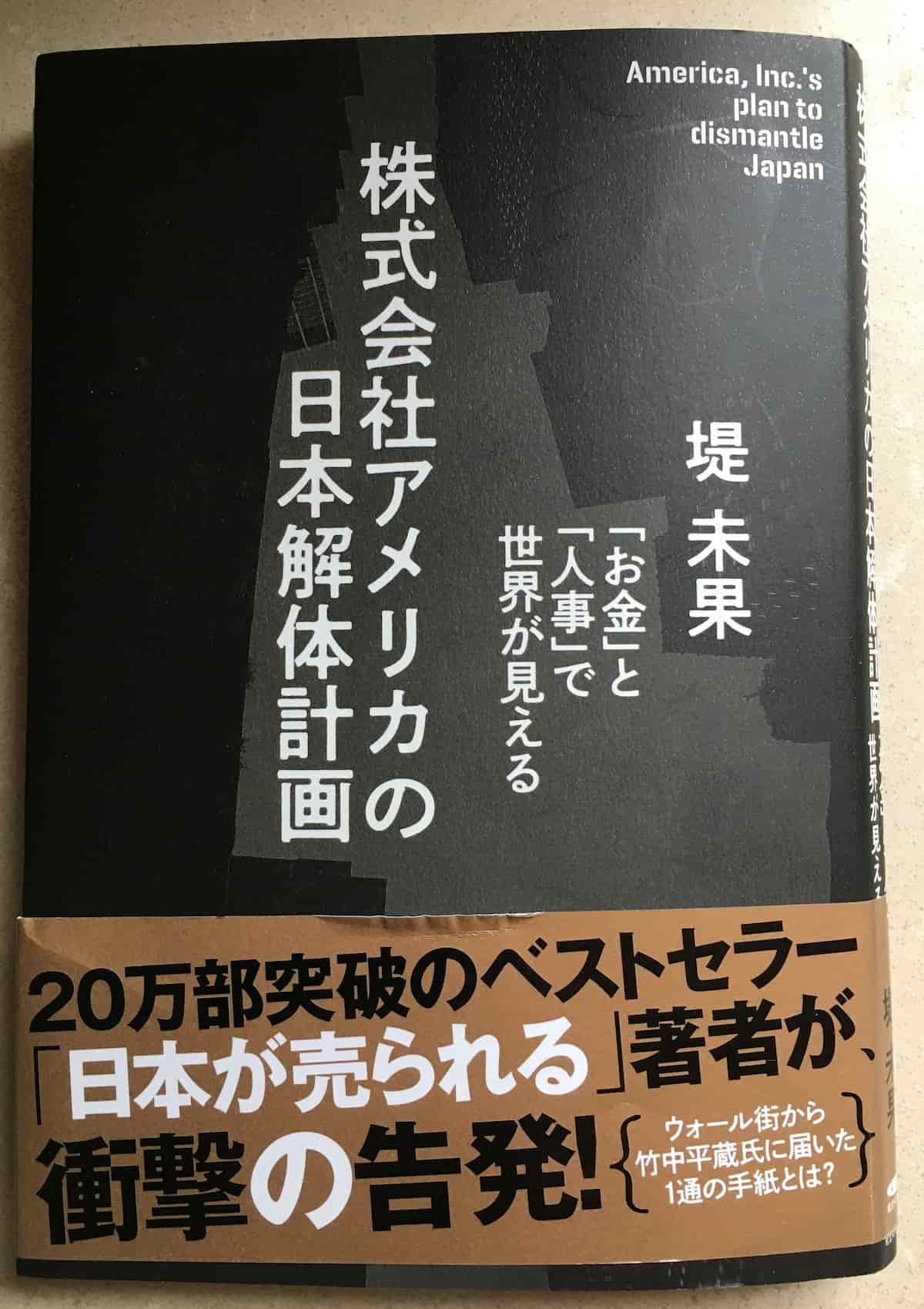

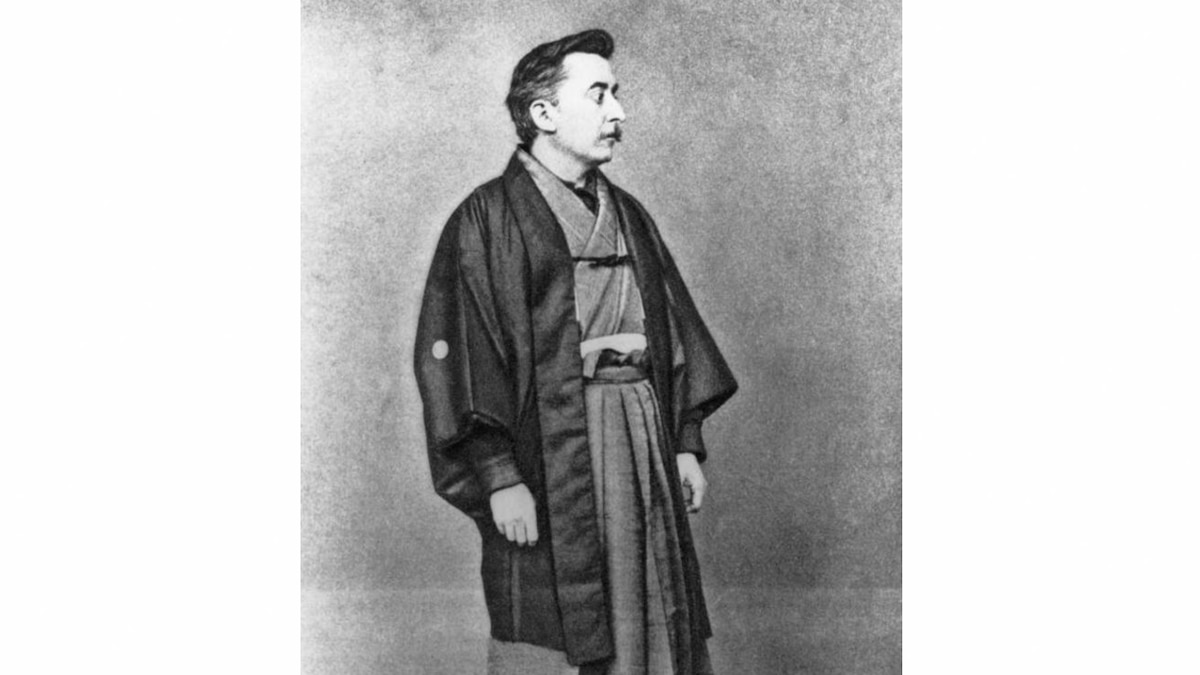
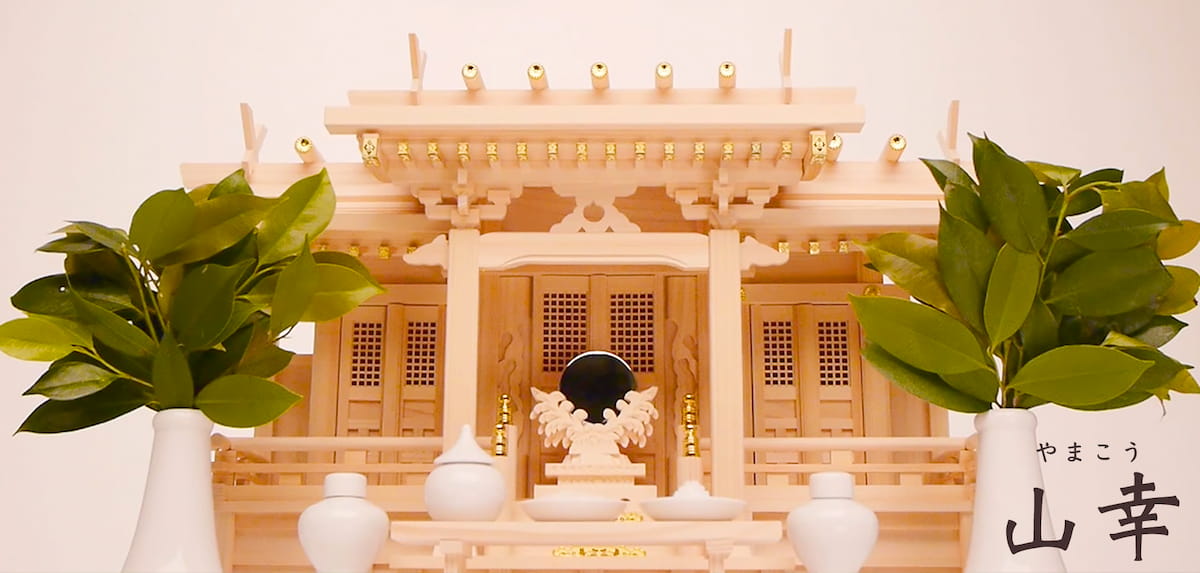

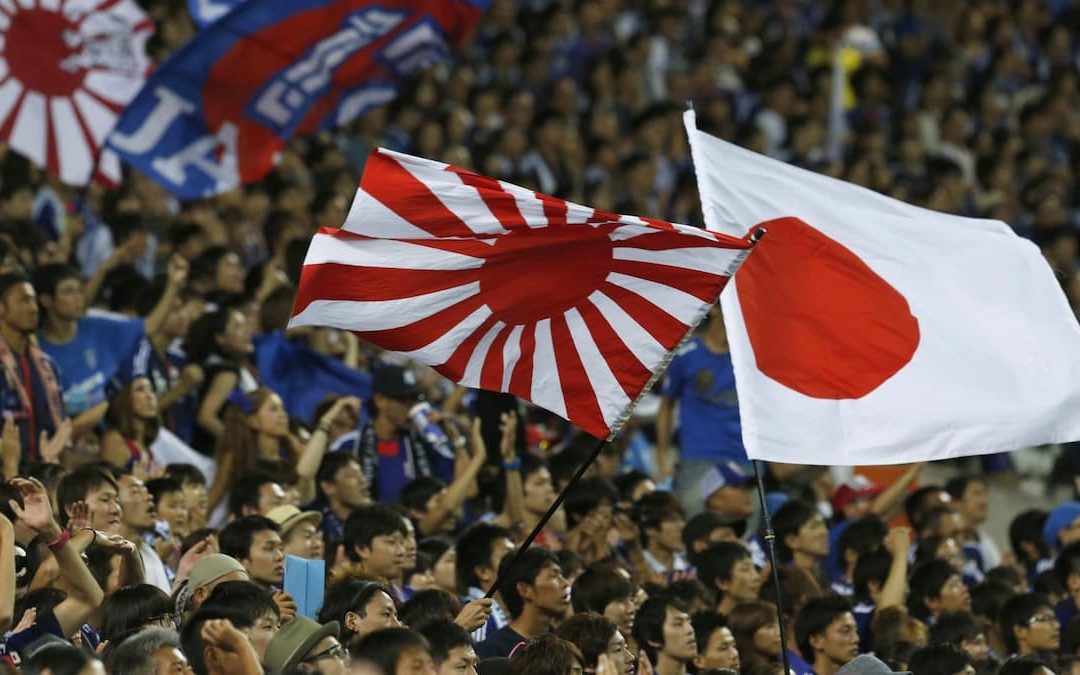






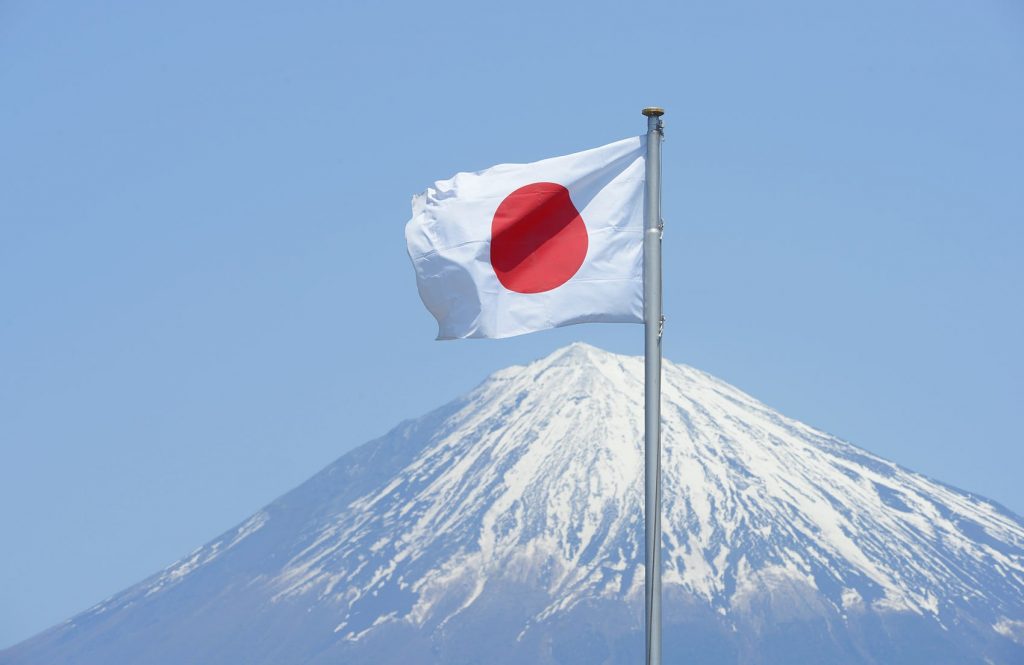
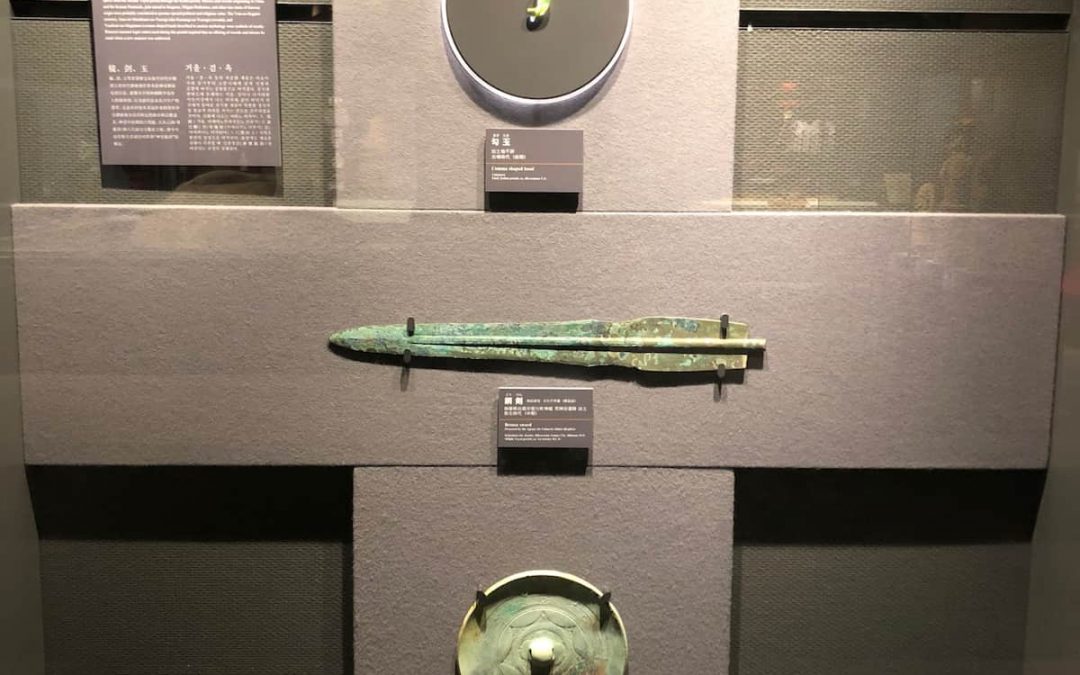

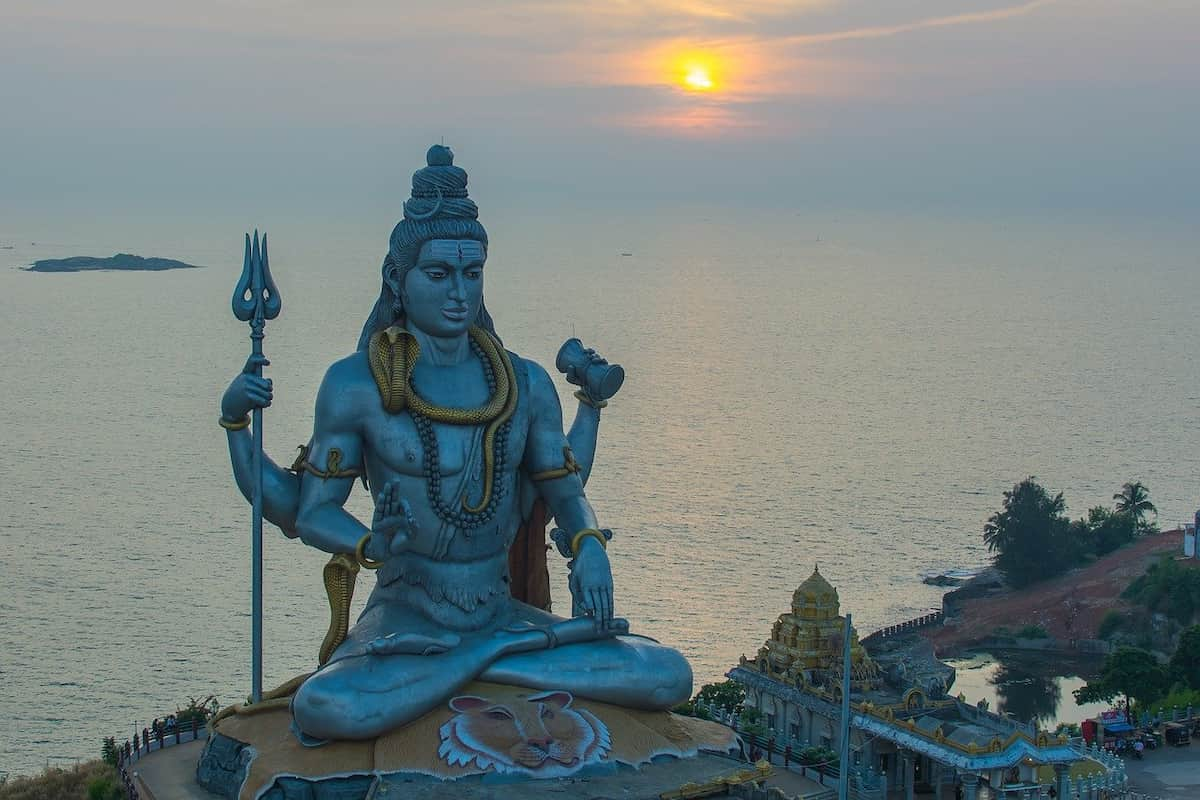


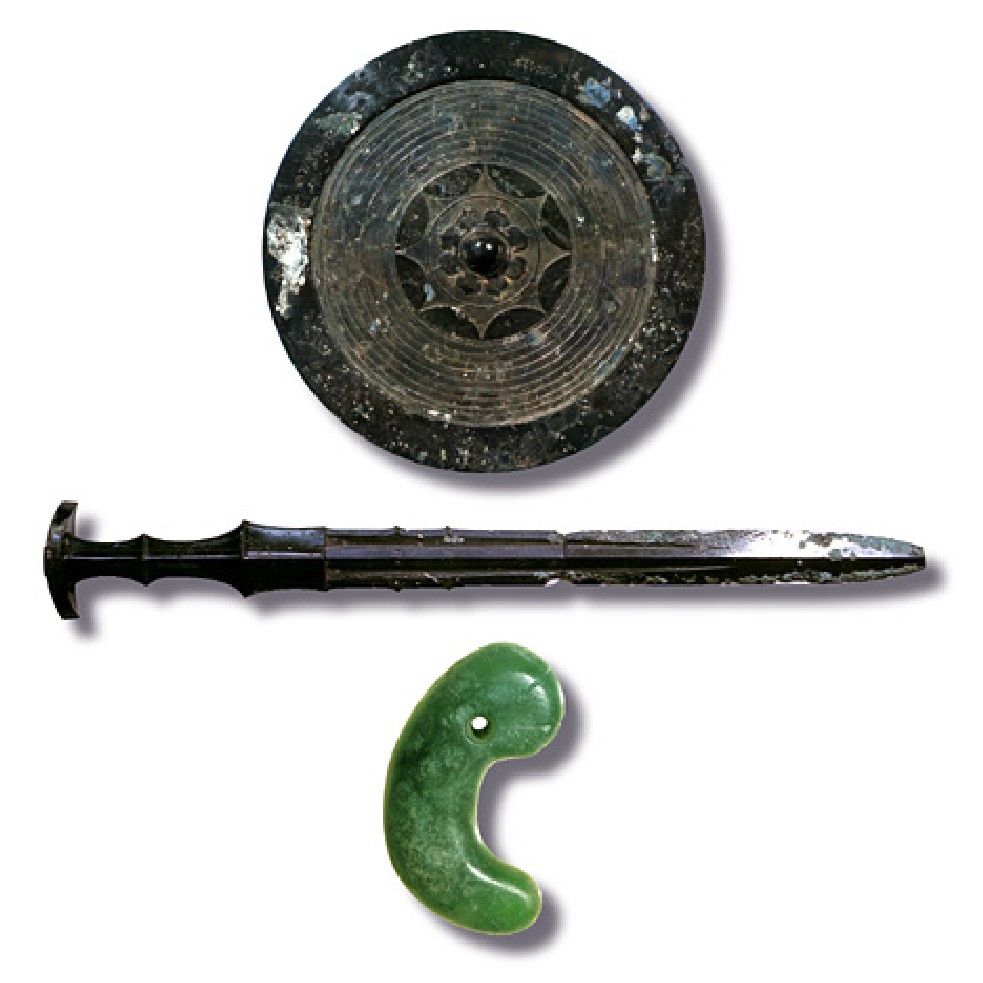 Sword
Sword
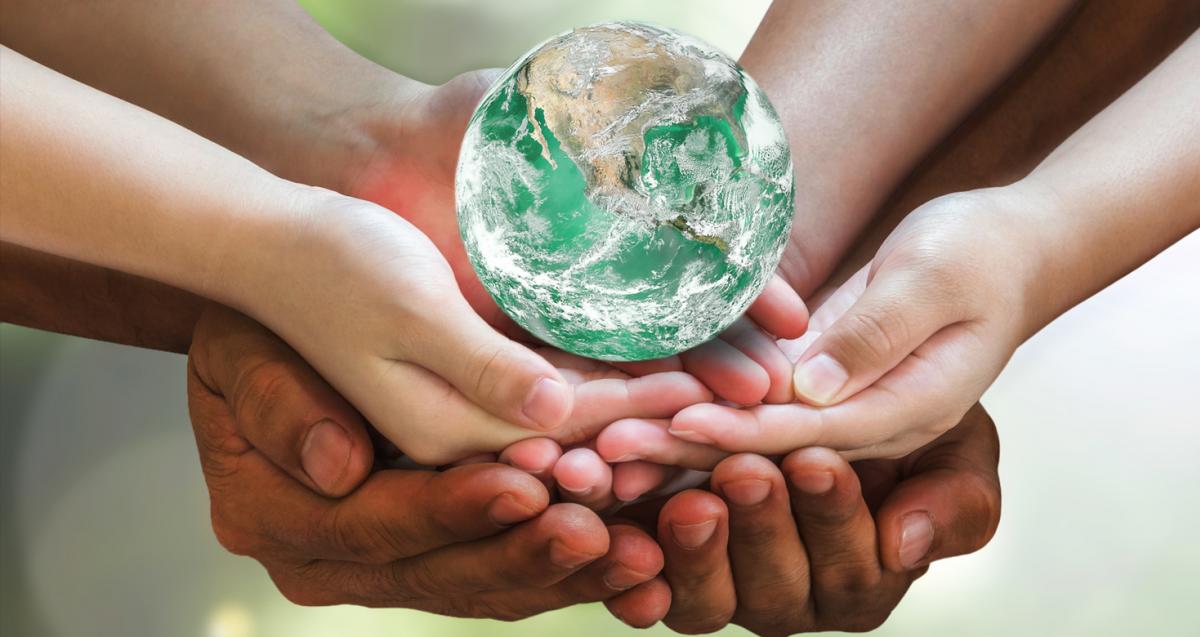

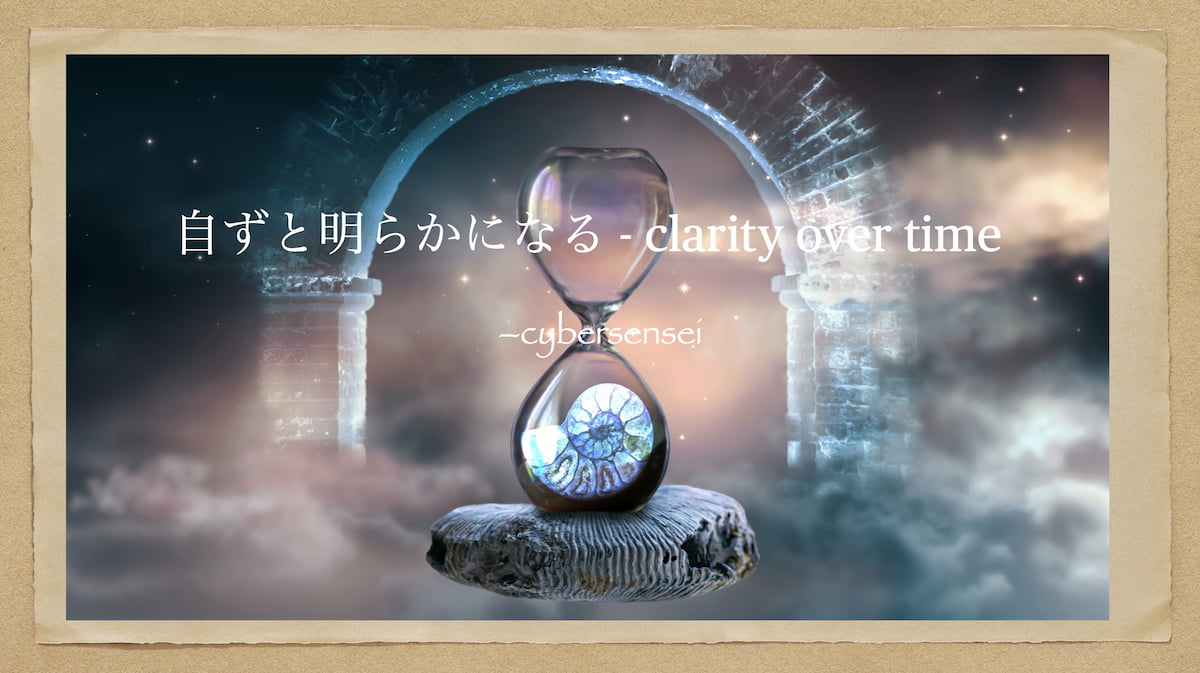
Recent Comments